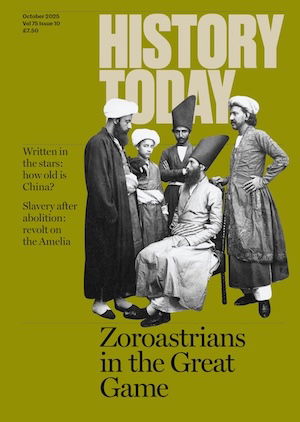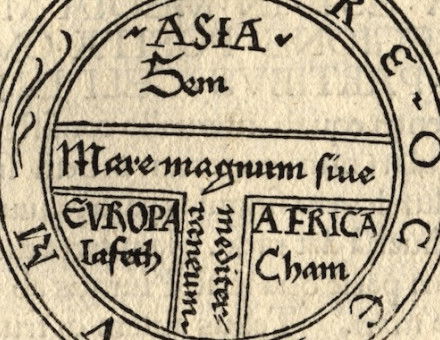Orleanism, 1780-1830
Awkward cousins - Nigel Aston traces the response of the House of Orleans to the vicissitudes of the French throne and revolution
The ousting in 1830 of the Bourbon dynasty in France in favour of the Orleanist branch of the family v as more than a mere palace coup, the replacement of one king by another; it represented a decisive challenge to a principle of monarchy which de- pended on hereditary succession for its legitimacy. Charles X had relied on the sanction of tradition, the support of the nobility, and the bonding of 'Throne and Altar', as the foundations of his authority. By contrast, Louis-Philippe, duc d'Orleans, symbolised the marriage of monarchy to liberalism; Orleanism was not yet a fully articulated political philosophy (if it ever was), but the supporters of the duc d'Orleans stood for press freedom, the legality of opposition, an end to the dominance of high politics by the old notable families, and a curb on the political influence of the Catholic church. Respect for the constitution and the law were, these Orleanists argued, the true hallmarks of legitimate sovereignty rather than God and the Sacred Oil of Clovis.





